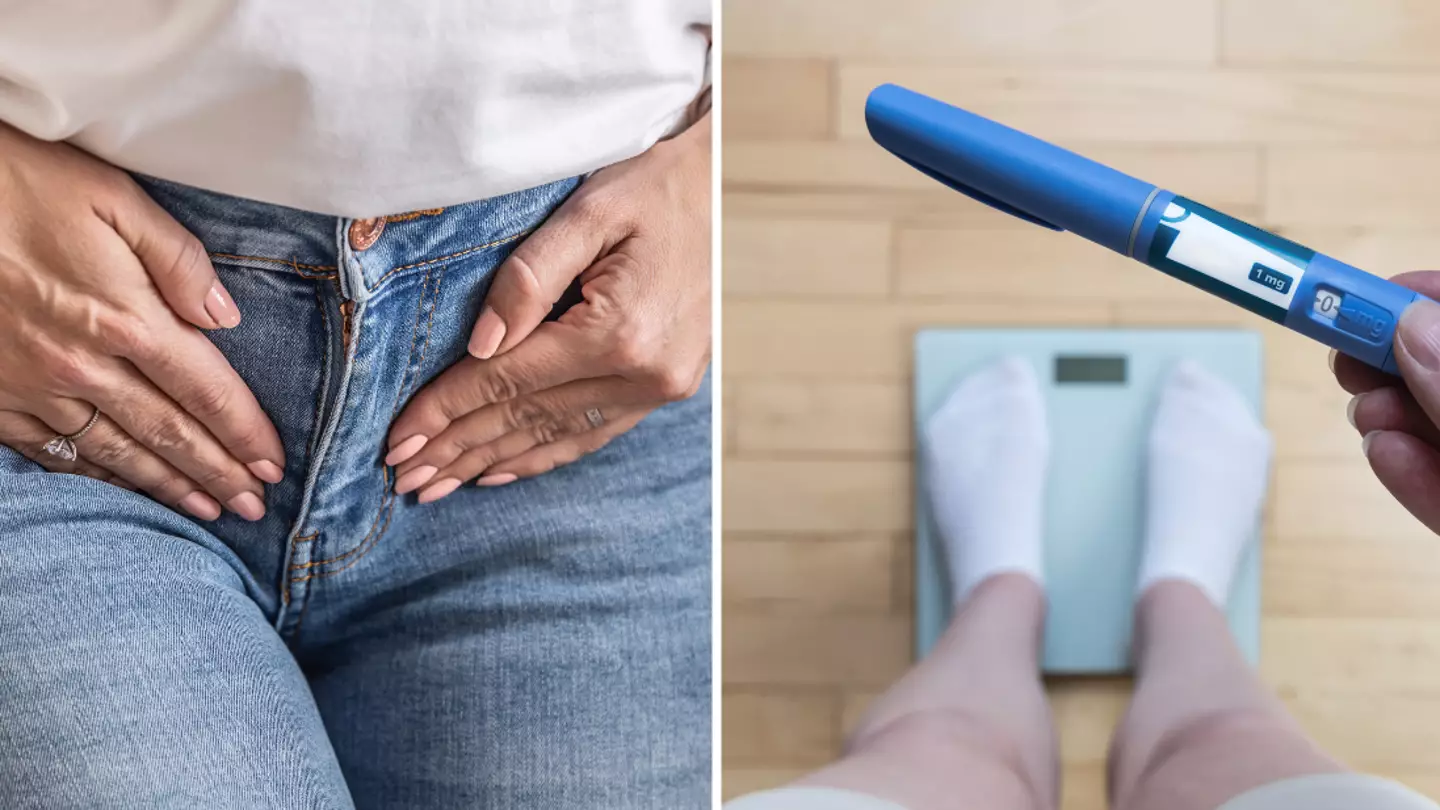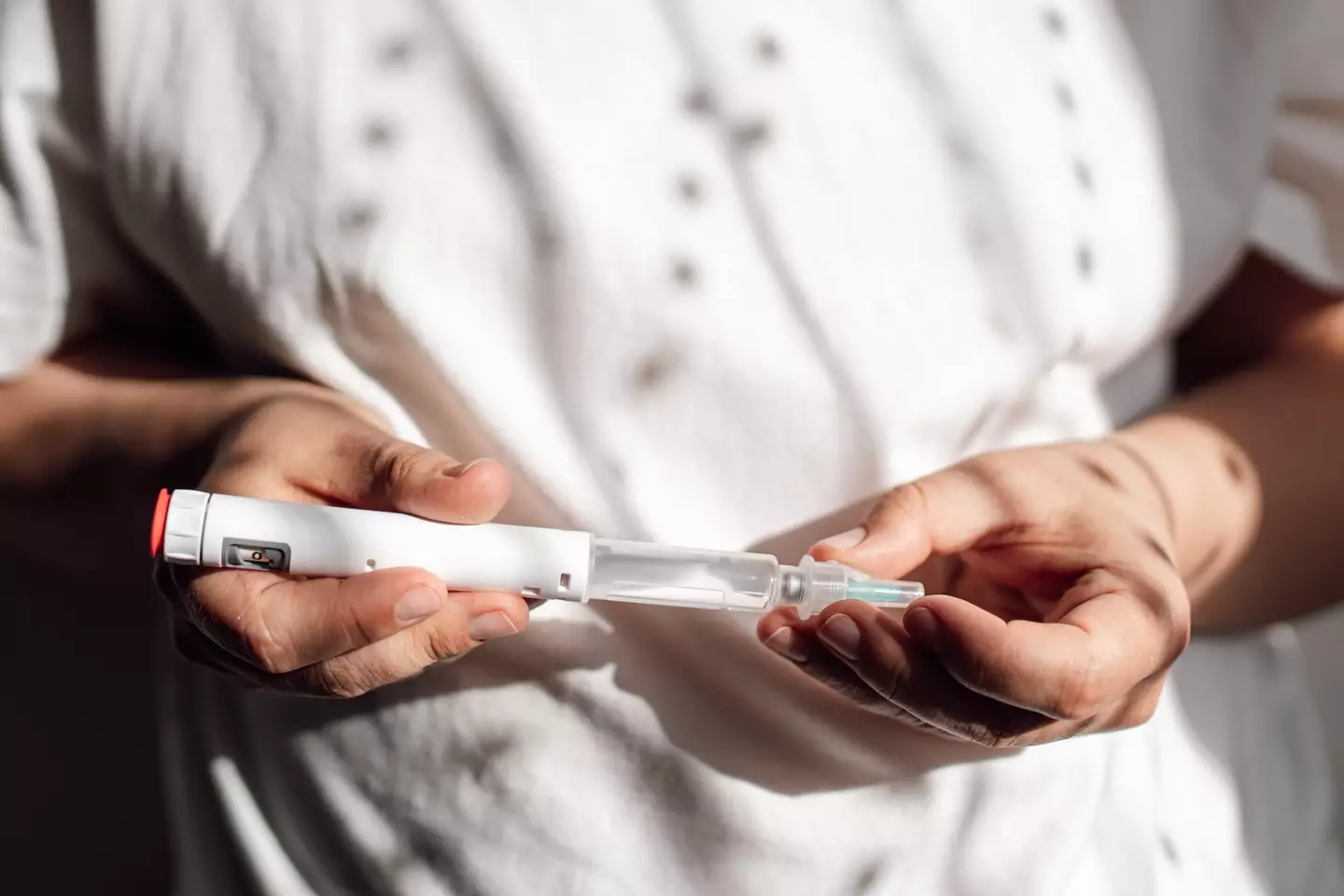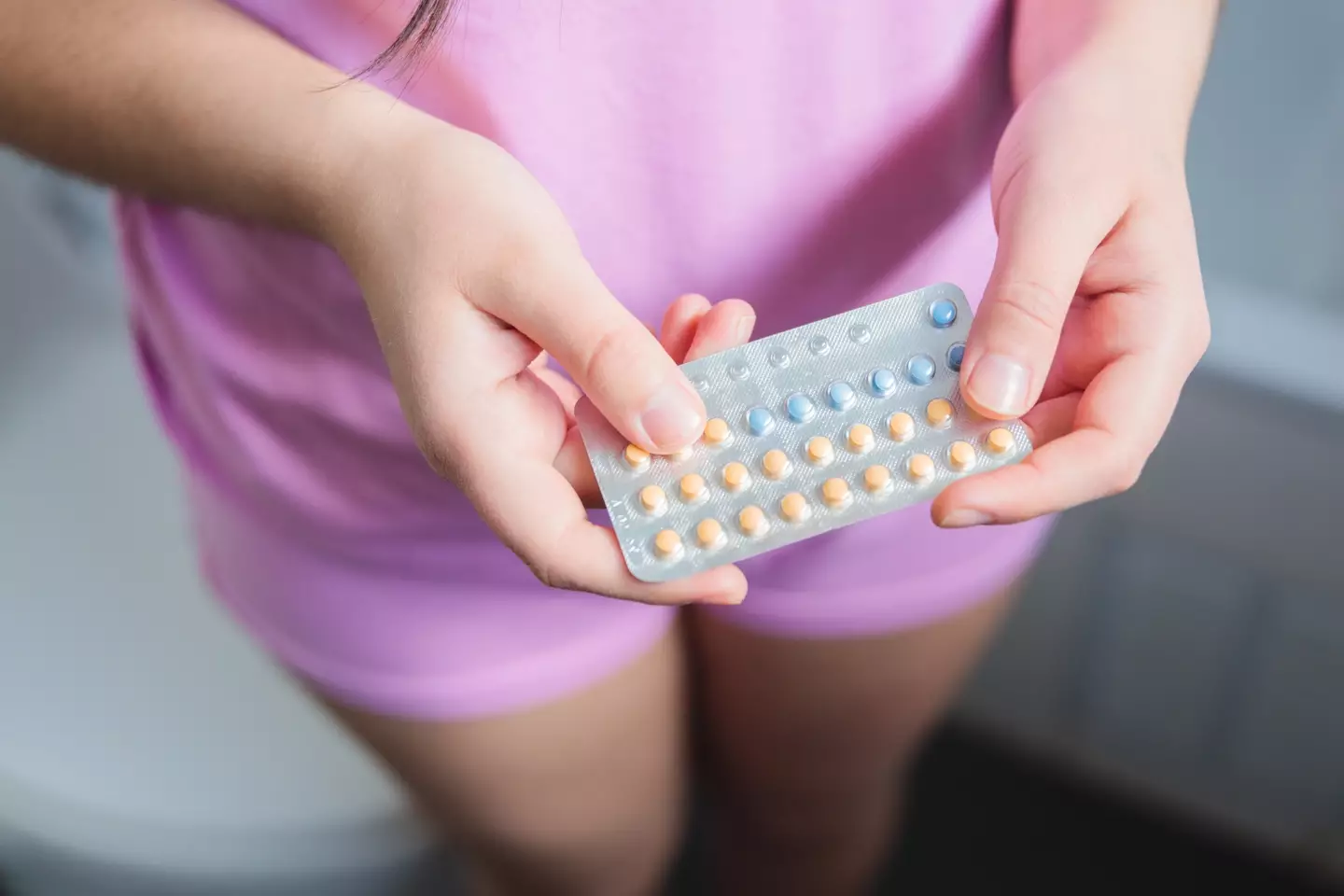
Using one of the many 'skinny jab' treatments readily available may cause damage to your vagina, according to an expert.
While countless celebrities have admitted to wrongly using the diabetes medication Ozempic to shed a few pounds, the drug has been found to have some undesirable side effects, the latest of which having to do with your reproductive bits.
Essentially, semaglutide - sold to treat type two diabetes under the brand name Ozempic - mimics the structure of glucagon-like peptide 1 (GLP-1), which helps regulate our appetite and blood sugar levels by activating specific receptors involved in these pathways.
It's been FDA-approved under the name Wegovy for weight loss, but it's still only recommended for seriously overweight individuals - and, most importantly, people with a doctor's prescription for it.
Advert
But that hasn't stopped many from ordering the drug online, to often disastrous results.
If you're a vagina owner, listen up and please be careful - there's a reason why it's only used to treat type two diabetes.

'Ozempic vagina'
You've heard of Ozempic butt and Ozempic face... well, get ready, because Ozempic vagina is apparently a thing, too.
Advert
With rapid weight loss comes saggy skin, and the skin in your nether regions is no exception.
Some people have reported visible sagging of their labia after taking the drug, due to the overall fat loss throughout their whole body.
The loose labia skin can appear wrinkled, and may feel disproportionate to how it was previously.
It's not technically dangerous, but saggy labia can cause varying degrees of discomfort and pain depending on what you're wearing, or if you're doing activities like riding bike, or even having sex due to friction - ouch.
Advert

Vaginal dryness
Another uncomfortable side effect could be your vagina becoming more dry, according to Dr. Melanie Bone, a consultant OBGYN and US medical director at the gynaecological health company Daye.
Speaking on semaglutide drugs, Dr Bone told Newsweek: "These medications can potentially impact vaginal health in several unexpected ways.
Advert
"Firstly, the rapid weight loss induced by GLP-1 agonists may alter hormone levels, which could affect vaginal lubrication and tissue health. Some women may experience increased vaginal dryness as a result.
"Additionally, GLP-1 agonists can cause gastrointestinal side effects like nausea, vomiting, and diarrhoea. These symptoms may lead to dehydration, which could further contribute to vaginal dryness and discomfort.
"The changes in diet and gut microbiome associated with these medications may also indirectly impact the vaginal microbiome due to the gut-vagina axis."

Advert
However, in a statement to TYLA, Novo Nordisk (the company that manufactures Ozempic) stated: "Vaginal dryness is not included as a side effect on the SmPC for Ozempic.
"Novo Nordisk has not conducted any studies on the impact of semaglutide on vaginal health, and did not record any such clinical outcomes as part of our clinical trials.
"We reiterate that Ozempic is a prescription-only medicine approved for type 2 diabetes and Wegovy is approved for cardiovascular risk reduction and weight management."
Vaginal laxity
Quickly losing weight usually results in a loss of muscle mass, which is exactly what might happen to your pelvic floor muscles, leading to vaginal laxity.
This is more than just a cosmetic issue; weak pelvic muscles can lead to incontinence, and sex may be less enjoyable, as many people with vaginas have reported a feeling of looseness during intercourse after rapid weight loss.
Might be worth doing those Kegels regularly.

Birth control failure
According to some reports, GLP-1-based medication may impact the effectiveness of your birth control.
While the pill comes with its own set of undesirable side effects, most of us take it in order to not get pregnant. Well, if you're on any semaglutide drug, it's said to interfere with the absorption of oral contraceptives.
Many women have reported getting pregnant while following a semaglutide treatment, leading to a rise in 'Ozempic babies' (yes, there really is a name for everything these days).
So, these are all things I'm sure anyone would want to avoid, but what to do if you've been prescribed a GLP-1 and are now understandably worried about your vagina?
Well, according to Dr Bone, it's all about staying proactive.

"To maintain vaginal health while using GLP-1 agonists, I recommend staying well-hydrated, using a vaginal probiotic and considering the use of vaginal moisturizers if experiencing dryness," she said.
"It's also important to pay attention to any changes in vaginal discharge or odour, as these could indicate an alteration in the vaginal microbiome and potential vaginal infections.
"By checking on their vaginal health regularly, patients can monitor for any changes in their vaginal microbiome that may be associated with GLP-1 agonist use. This proactive approach allows for early detection and management of any issues that may arise."
She added: "It's crucial for women and assigned female at birth (AFAB) individuals to discuss any vaginal health concerns with their healthcare provider while using GLP-1 agonists. Open communication about these potential effects can lead to better management and overall health outcomes."
Topics: Health, Beauty, Ozempic, Women's Health